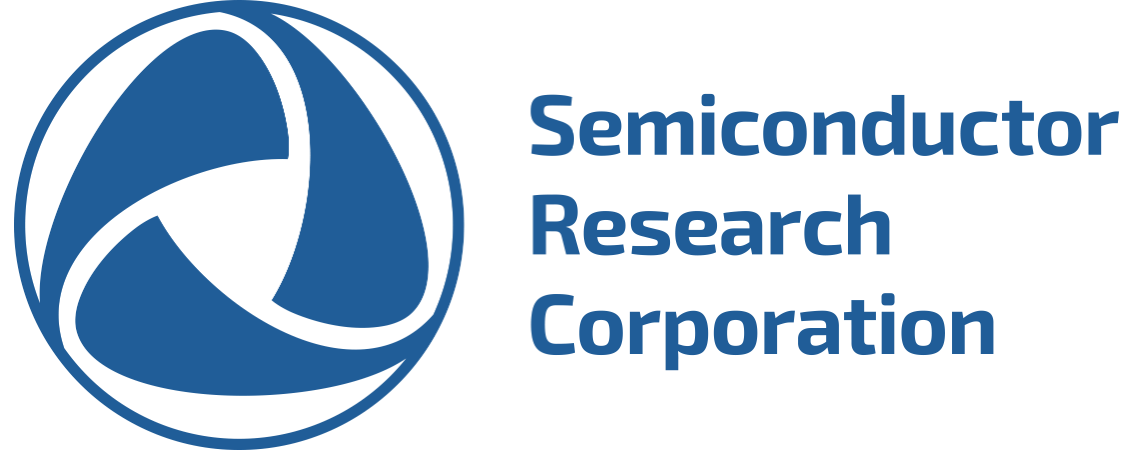Call for White Papers:
The SRC Cross-disciplinary Semiconductor Research Program (CSR)
Goal
The goal of the Cross-disciplinary Semiconductor Research (CSR) program is to foster exploratory, multi-disciplinary, high-risk university research leading to novel high-payoff solutions for the technology challenges faced by the semiconductor industry at and beyond the time horizons of the 1999 International Technology Roadmap for Semiconductors (ITRS). Successful projects will offer innovative and perhaps disruptive solutions to the cost/performance challenges of the semiconductor industry for 2011 and beyond. While the ITRS may be helpful in defining research, projects beyond the scope of ITRS are encouraged. These can include circuit and system design, CAD, and topics normally considered beyond the scope of SRC, e.g., biological interfaces, optoelectronics, quantum computing, etc. Preference will be given to multi-disciplinary projects.
Role
The role of the CSR program is to stimulate non-traditional thinking about the issues facing the industry and CSR is intended to complement the traditional SRC science area research programs in Computer-Aided Design and Test, Integrated Circuits and Systems, Nanostructures and Integration, and in Materials and Processes. CSR projects are exploratory in nature and should lead to research programs that address challenges identified by ITRS. Funding for a CSR project is provided on a non-renewable grant basis and maximum funding for a CSR project will not exceed $40K.
Expectations
Participants in the CSR program are to develop a proposal for follow-on funding for expanded programs by the SRC science areas named above or for funding by other agencies. Follow-on program funding by SRC will depend on the availability of science area funds and alignment with the science area strategic plan.
Eligibility: University Faculty
Proposals and Schedule
The proposal for a CSR grant is limited to five pages in length and should describe the
planned research approach, possible research outcomes, and the long-term significance to
the semiconductor industry. Proposals are due at the SRC no later than close of business
October 27, 2000 and will be reviewed by the SRC Executive Technical Advisory
Board in early December 2000. Notifications of the outcome of the review process will be
made by December 15, 2000.
Questions regarding the intent and scope of the CSR Program are to be addressed to:
Dr. Ralph K. Cavin, III
Telephone: (919) 941-9400
E-mail: cavin@src.org
Proposal Structure (strict limit of five pages)
- Project name:
- Investigators:
- University:
- Mailing address:
- Telephone number and e-mail address:
- Problem to be addressed: Explain the rationale for the project in terms of the semiconductor industry needs. (A good resource is the 1999 International Technology Roadmap for Semiconductors.)
- Objective: What do you plan to do?
- Novelty: Please discuss the role of cross-disciplinary research in providing a unique solution to the problem addressed.
- Approach: Strategy for addressing the problem.
- Research output: Please identify possible research products of a successful research program.
- Funding requested for study grant:
Submission Instructions
- Electronic submission of proposals is required.
- Please submit Postscript or Word files using Arial, Courier, Times Roman or Helvetica fonts. If you plan to utilize a Macintosh to generate the proposal, please call ahead so that we can minimize submission difficulties.
- Please use fonts of 10-point size or larger.
- Send Postscript or Word files as e-mail attachments to
Ms. Leslie Faiers: faiers@src.org
Telephone: (919) 941-9455
Submission Deadline: October 27, 2000 at 5:00 PM EST.


